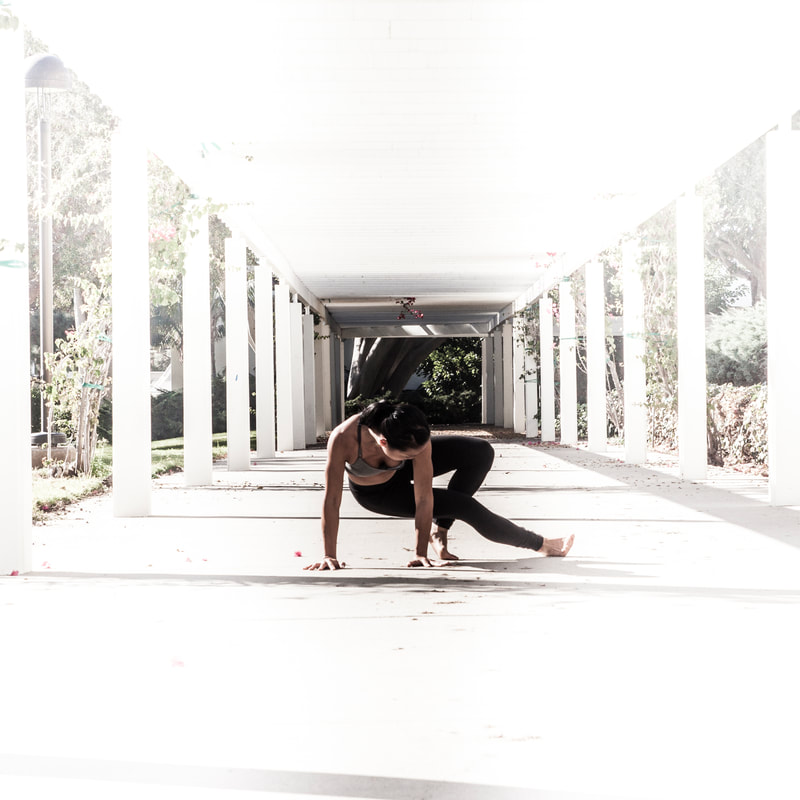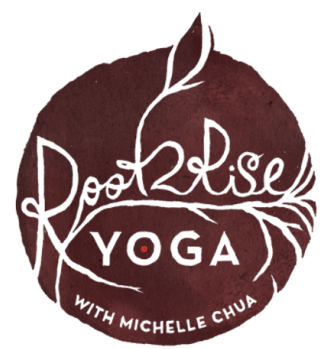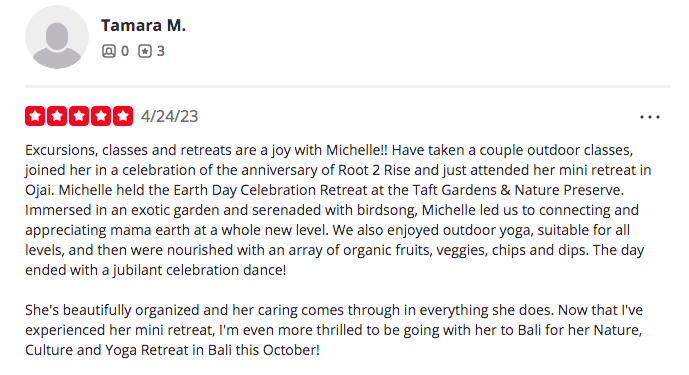 Do you ever suffer from nagging thoughts that just disturb your inner peace? It may fit into one of the seven categories of mental patterns that exacerbate stress and pain, identified as “mindtraps” in Mindfulness-Based Stress Reduction Workbook, written by Bob Stahl and Elisha Goldstein. In understanding these common mental habits, we can apply the yogic practice of svadhyaya, or self-study, to cultivate loving self-awareness and remember that we don’t have to believe every though that arises. As we shed light on such repetitive thoughts and their effects, we can consciously choose what thoughts to feed with our attention and those we can release or change. Thus, we can skillfully train our minds toward inner peace. Here is a brief explanation of the 7 Mindtraps and ways to address them:
May this brief glimpse into possible mental patterns provide personal insight towards self-liberation. While this is only from one source, perhaps it sparks more self-inquiry to dive deeper into your own mind’s tendencies. One of my favorite quotes from The Yoga Sutras is “The mind is the ground for both bondage and liberation.” Understanding the patterns in our minds is a doorway to freeing ourselves from unnecessary suffering. As Lao Tzu was quoted for saying, “Watch your thoughts, they become your words; watch your words, they become your actions; watch your actions, they become your habits; watch your habits, they become your character; watch your character, it becomes your destiny.” Dive deeper into these Mindfulness Tools for Stress Relief at our in-person Women's Wellness Retreat, Thrive Together, on May 6-9, 2022 in Santa Rosa Plateau, CA with Michelle Chua.
0 Comments
Leave a Reply. |
A Collective Blog about Yoga Lifestyle & Inspiration
|
REviews of Root 2 Rise Yoga with Michelle chua:Michelle truly lives out what she teaches. She is so much more than a yoga teacher - I learned this when I went on her exquisitely curated trip that she organized to Costa Rica this past June 2018...Hopefully like me, you'll be delighted by her effervescent love of movement, nature, and all people! Michelle clearly stands out with her beautiful and bright energy. I love how her practice and teaching encompass body, mind and spirit. She not only teaches yoga but lives and exudes it. Michelle not only teaches 'yoga', she embodies it fully with her heart and soul... Michelle is by far one of the best instructors I've ever had, period. Patient, clear in her explanations and demos, and so encouraging... My first yoga class was with Michelle years ago. You can have the best (yoga pose) sequence and not teach from your heart. With Michelle, I also feel her passion when I'm in her class. I can see she loves what she does, and she inspired me to want to teach yoga, too. |
Let's connect:Now offering private reiki sessions for stress relief and healing.
I'm so grateful to have met Michelle! Her kind energy opened up my interest in pursuing yoga and meditation. She is such an incredibly light and soul. She starts with grounding ourselves through mindfulness and breathing exercise. She brings the most authentic energy to the class by sharing the history and understanding behind poses, names, and techniques. I truly appreciate her work and impact on my well-being! I’ve had dozens of instructors over the years, but Michelle is far and away the best yoga mentor I’ve ever practiced with. She epitomizes grace during these difficult times. Michelle has saved my sanity and my back while working from home, keeping me grounded with her sharing of yogic teachings and meditation techniques. Her repertoire of physical asanas is encyclopedic, and I’ve loved learning new poses and stretching my boundaries. Jump in, all. You’ve got this! |
©2010 Root 2 Rise Yoga

 RSS Feed
RSS Feed

